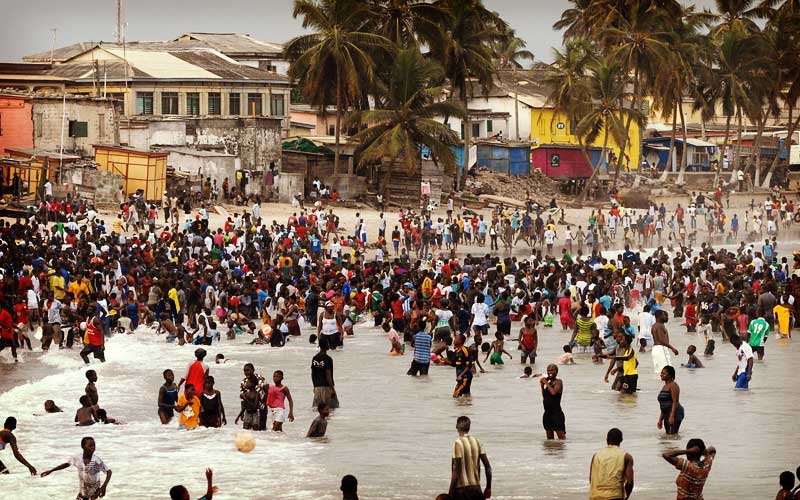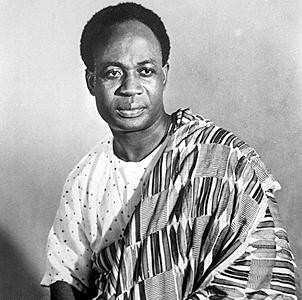Ghana has undergone many rounds of colonization. Their record starts with Portugal in the 15th century, then over the next three hundred years it would be colonized by Denmark, Sweden, Norway, Prussia, Germany, and finally was colonized by the British in the late 19th century. It was given the name “Gold Coast” due to its high gold reserves. Ghana also had large reserves of other valuable resources, such as ivory. The consolidation of so many valuable natural resources meant European countries often fought over control of the Gold Coast.
Due to hundreds of years of christian colonization, it is no surprise that over 70% of Ghana’s population is christian. Listed on their official website are holidays like Good Friday, Easter Monday, Christmas, and the British tradition of boxing day.

Ghanaian independence day, March 6th, celebrates freedom from the United Kingdom gained in 1957. After World War II, the United Kingdom had significantly less funds to be able to govern foreign areas. This problem was coincidentally at the same time many Ghanaian citizens were calling for independence. In 1952, former Gold Coast Council member Osagyefo Kwame Nkrumah won the majority vote in the legislative election. Five years later, in 1957, Ghana declared independence from the United Kingdom. The name “Ghana” means “strong warrior” or “chief” and was given to many great leaders in surrounding countries. Ghana was given this name after declaring independence in 1957.

In 1960, Ghana switched from a parliamentary system to a presidential republic in an effort to get away from British influence, enacted in their 1960 constitution.


